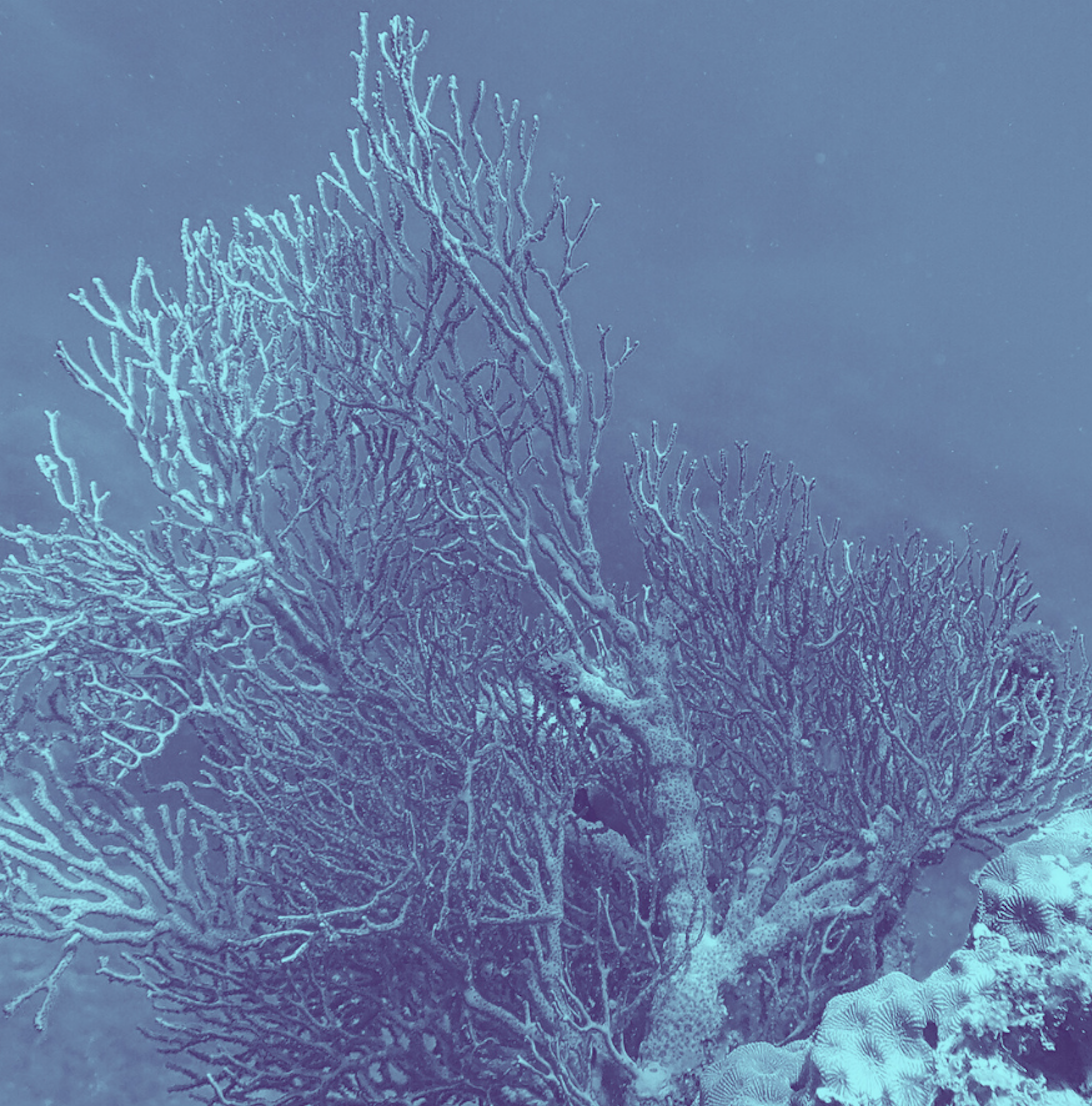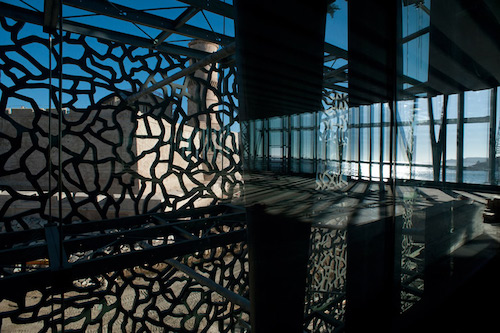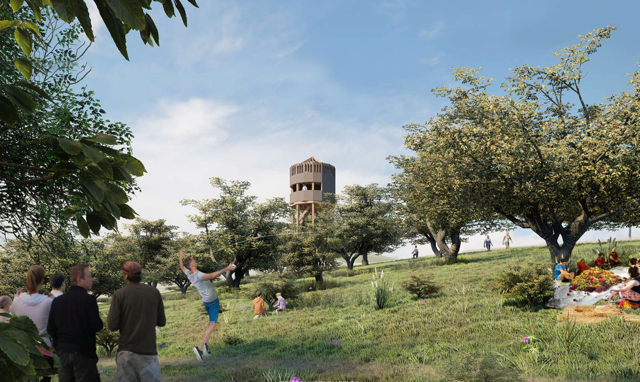
Call for entries: Deniz Villaları – Ecological Crossings
We’re delighted to announce our partnership with the Institut français de Turquie and the Goethe-Institut Türkei in their call for…
Image credits: Médiathèque Lafarge, Charles Plumey-Faye, Rudy Ricciotti
Published on 9 August 2020
On the occasion of the IUCN World Conservation Congress 2020, COAL and its partners will bring together numerous actors from nature and culture to define the challenges, perspectives and modalities of a better collaboration between the cultural and the protection and enhancement of life (by invitation). These meetings take place at the MuCEM to share best practices and promote the integration of culture in the policies of defense and protection of nature, to federate resources, share and enhance the knowledge, examples and perspectives that feed public policies. The objective is to define cultural ecosystem services, Culture based solutions echoing the Nature based solutions, which contribute to initiate a new culture of nature. It is also a question of specifying the modalities of intervention of the artists on these subjects and to encourage the taking into account of these artistic practices in the policies of sensitization and conservation of nature. These meetings could lead to the creation of awareness and training modules on cultural issues for local actors, to be included in the annual congresses of the various federations. Based on an exchange of know-how, the Professional Workshops aim to strengthen intersectoral and multi-stakeholder dialogues. They also aim to underline the need for targeted support and funding mechanisms from the public sector to ensure the leadership of the cultural sector in preserving, restoring, enhancing, valuing and ensuring the sustainable and equitable use of biodiversity (see the National Strategy for Biodiversity). Supported by COAL, the Ministry of Culture and the Ministry of Ecological and Solidarity Transition, these Workshops are carried out in partnership with many partners, including the French Committee of the IUCN, the French Office of Biodiversity, the Nature Reserves of France, the magazine Billebaude, the Bureau des Guides, and the Institut Pytheas. They are supported by the European Union via the ACT network, as well as by the Ministries of Culture and Ecological Transition.
Objectives of the Workshops
– Encourage the actors of nature to seize the culture to raise awareness on the issues of biodiversity.
– To facilitate a direct dialogue between territorial actors, public policy makers and the cultural/artistic sector in order to exchange on cultural and artistic policies, devices and practices integrating the protection and valorization of the living.
– To highlight partnerships involving actors of different natures (institutions, civil society organizations, governmental structures), coming from various fields of activity (art, research, science) and working in various contexts (local, regional, national, international).
– Recognize and support the role of actors in the artistic and cultural sector working on biodiversity issues in order to support these initiatives through adequate support and funding mechanisms.
Workshop production
– A final document in the form of a letter of commitment from the participants of the Professional Workshops and stakeholder organizations in the framework of the IUCN World Conservation Congress 2020 presenting the recommendations to decision makers.
– The drafting of proposals for the National Strategy for Biodiversity including a recommendation for organization and common action plans for the actors of culture and biodiversity protection.
– An online guide of references and resources after the Workshops, including the exchanges of the two days of meetings.
Lafarge Mediatheque, Charles Plumey-Faye, Rudy Ricciotti
We’re delighted to announce our partnership with the Institut français de Turquie and the Goethe-Institut Türkei in their call for…
Since 2022, as part of the Pays de l’Arbresle’s “Les murmures du Temps” art trail, Thierry Boutonnier has been sending…
Since 2022, as part of the Pays de l’Arbresle’s “Les murmures du Temps” art trail, Thierry Boutonnier has been sending…

